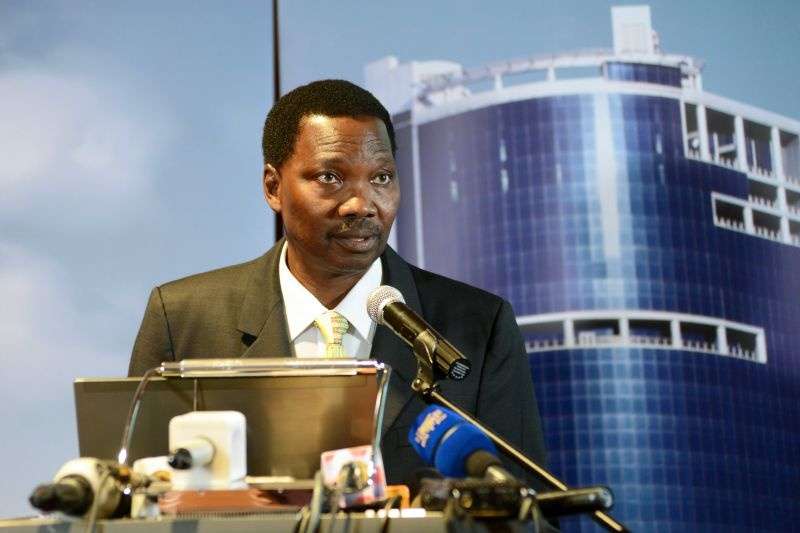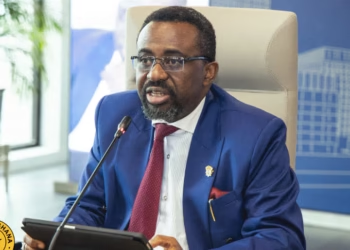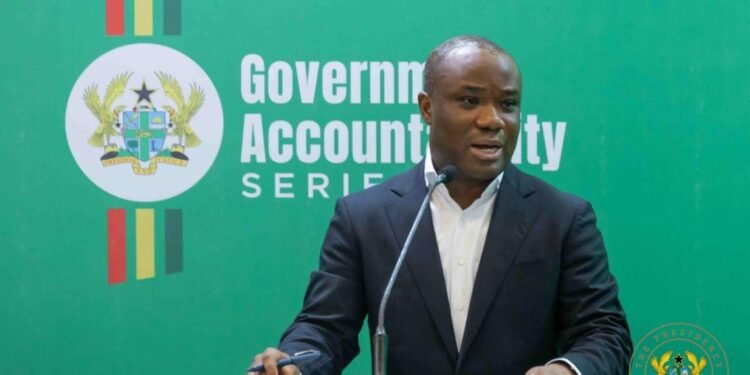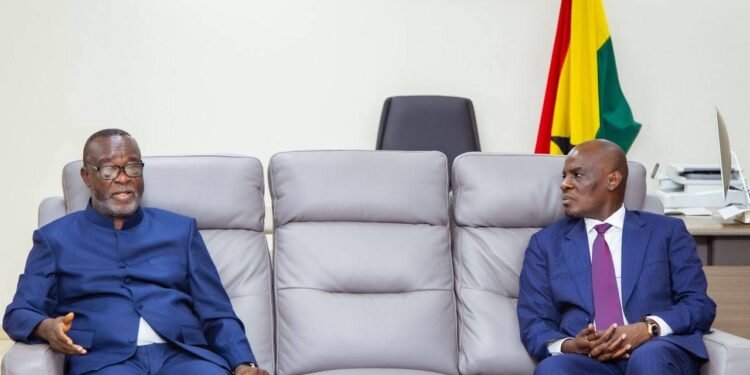The former Governor of the central bank of Mozambique, Rogerio Zandamela has been re-appointed to serve his second term as Governor of the Bank by Mr. Filipe Nyusi, Mozambique’s President.
Mr. Zandamela was first appointed in August 2016 after he previously worked at the International Monetary fund (IMF) in the capacity of an Economist from 1988 to 2016.
The Governor took office at the central bank following Mozambique’s ‘hidden debts’ scandal.
The debt amount included fraudulent loans of over USD 2.2 billion secured by some two (2) companies MAM (Mozambique Asset Management) and Proindicus Ematum (Mozambique Tuna Company).
Also, these illicit loans were “guaranteed by the then Mozambique’s President Mr. Armando Guebuza and signed by Mr. Manuel Chang, his Finance of Minister”.
Furthermore, the scandal pushed Mozambique towards financial bankruptcy. This economic downturn received concerns from the International Monetary Fund (IMF).
The IMF revealed that the government had concealed the true size of its foreign debt, and hence suspended its programme with Mozambique.
Not only did the IMF suspend its funding to the country, but other 14 donors and funding agencies who had previously provided part of their aid in forms of direct budget support suspended all further disbursements.
Since Mozambique encountered this adverse economic situation, its direct budget support from some international agencies has not resumed.
This occurrence has cost the country several hundred million dollars a year. The Mozambican currency, the metical, “depreciated sharply against other currencies, and inflation rose alarmingly” in events following the debt scandal.
However, the Bank of Mozambique, under the management of Mr. Zandamela, must take much of the credit for rescuing Mozambique from the brink of economic collapse.
Also, the Bank engaged robust monetary policies “which at one stage involved very high interest rates” to stabilise the metical, as a result, inflation was brought under control.
As it stands now, the country’s rate of inflation is running at 5.29 percent, and it expected to rise to 5.5 percent in 2022.
Additionally, in Mr. Zandamela’s quest to transform the banking sector, he took on one of the oldest commercial banks in the country, Standard Bank.
The Bank of Mozambique accused Standard Bank, which is based in South Africa, of fraudulent practices, including manipulating the exchange rate and setting up an illicit payments network headquartered outside the country.
As a result of Mr. Zandamela’s actions, Standard Bank, and two of its senior executives, were fined large sums, and the Bank was temporarily suspended from dealing in foreign exchange.
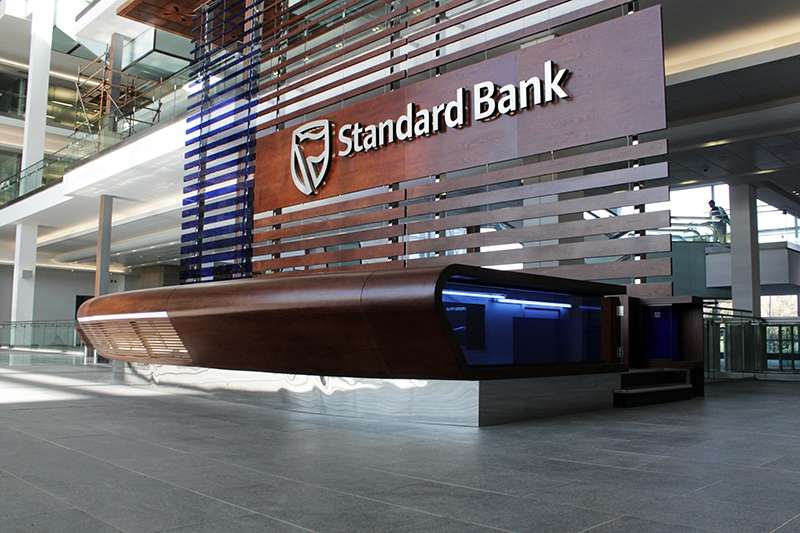
Bank of Mozambique Standard Bank’s legal actions
The central bank of Mozambique fined one of Africa’s largest lenders, Standard Bank for an amount of $ 4.6 million for meddling into fraudulent activities, the central bank disclosed.
As part of the legal actions, two senior staff of the Standard Bank were individually fined amounts on $ 223,000 and $101,000 each.
Furthermore, the Standard Bank has been banned from “engaging in some exchange-related activities for a year”, in a statement from the Bank of Zimbabwe.
Also, these legal actions followed the Bank of Mozambique’s on-site inspection of Standard Bank’s exchange rate activities, the statement disclosed.
“Infringement proceedings were brought against that bank (Standard Bank) and two of its managers for serious breaches of a prudential and exchange rate nature.”
Rogerio Zandamela
READ ALSO: Central bank digital currencies: The next revolutionist

